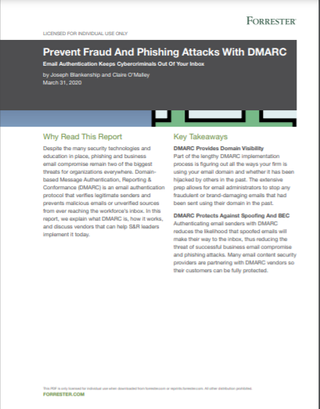Mekotio trojan continues to spread despite its operators’ arrests
Hackers have used it in 100 more attacks since arrests

The Mekotio banking trojan continues to be used in new attacks, despite the arrests of people associated with its propagation, according to a new report.
Security researchers at Check Point Research found the malware in new attacks and discovered it uses new tactics to avoid detection.
“The new campaign started right after the Spanish Civil Guard announced the arrest of 16 people involved with Mekotio distribution in July,” according to Check Point Research (CPR). “It appears that the gang behind the malware were able to narrow the gap quickly and change tactics to avoid detection.”
As soon as the arrests were announced, the Mekotio malware developers — believed to be based in Brazil — quickly updated their malware with new features designed to prevent detection.
Mekotio continues to distribute phishing emails that contain malicious links or malicious .ZIP files.
The phishing email sent to victims claims there is a digital tax receipt pending submission. When the victims click the link in the email, a malicious .ZIP archive is downloaded from a malicious website.
An analysis of more than 100 attacks in recent months revealed the use of a simple obfuscation method and a substitution cipher to bypass detection by cyber security products.
Get the ITPro. daily newsletter
Receive our latest news, industry updates, featured resources and more. Sign up today to receive our FREE report on AI cyber crime & security - newly updated for 2024.

Prevent fraud and phishing attacks with DMARC
How to use domain-based message authentication, reporting, and conformance for email security
As well as that, the trojan developers appear to have included a batch file, which has been redesigned with several levels of obfuscation, and a new PowerShell script for malware. It also uses Themida, a legitimate program that prevents the malware from cracking or reverse engineering. With these methods, the final Trojan payload is protected.
Once installed on a victim’s machine, the Mekotio trojan attempts to steal credentials for banks and financial services and transfer them to a criminal-controlled command-and-control (C2) server.
Researchers said that banking trojans are commonplace in Latin America.
“One of the characteristics of those bankers, such as Mekotio, is the modular attack which gives the attackers the ability to change only a small part of the whole in order to avoid detection,” researchers said.
“Our analysis of this campaign highlights the efforts that attackers make to conceal their malicious intentions, bypass security filtering, and trick users. To protect yourself against this type of attack, be suspicious of any email or communication from a familiar brand or organization that asks you to click on a link or open an attached document.”
Rene Millman is a freelance writer and broadcaster who covers cybersecurity, AI, IoT, and the cloud. He also works as a contributing analyst at GigaOm and has previously worked as an analyst for Gartner covering the infrastructure market. He has made numerous television appearances to give his views and expertise on technology trends and companies that affect and shape our lives. You can follow Rene Millman on Twitter.





